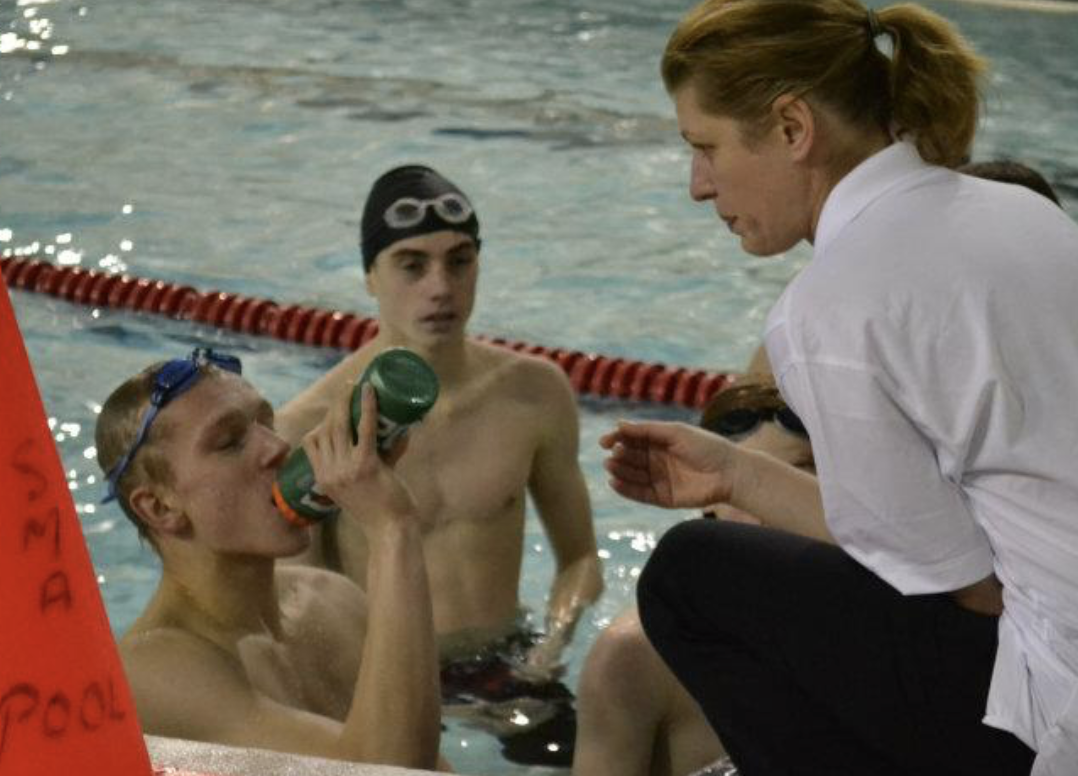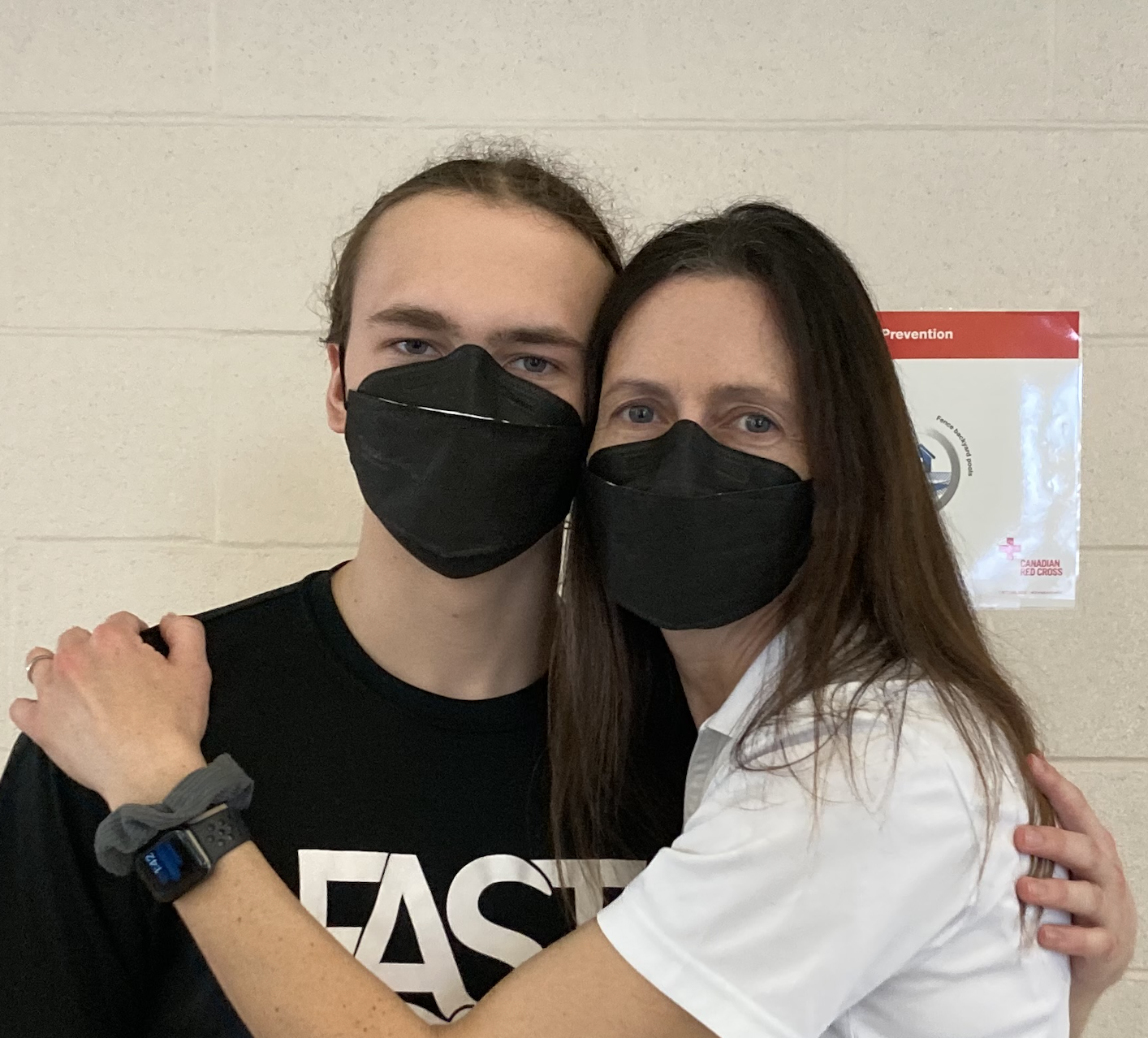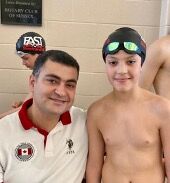Parent Orientation

We understand how very exciting it is when our children get involved in competitive sports. It is natural for us, as parents, to want to provide support, coaching, and direction to help them be the best they can be.
There are times however, when despite our best intentions, this support, coaching, and direction can be stressful and put extra pressure on our athletes. This is what we know based on our coaches many years of experience - when a swimmer is in a home environment where there is constant discussion and focus on performance in the sport, either their own or others, it erodes the athlete’s confidence and trust in themselves and their coaches. It may also create an unnecessary sense of competition with others and add the burden of them worrying about disappointing a family member which is very stressful. This circumstance chips away at an athlete’s confidence and esteem and does more harm than good.
We want what is best for your child AND for you as their parent. We ask that you put trust in our coaches and take their advice about when your well-intended support, coaching, and direction is becoming a negative factor for your swimmer.
You will see us post and publish articles and information about how to support your swimmer in a productive and healthy way for both of you. Please read, reflect, and consider how you can be the best advocate for your athlete.

We ask that you trust your swimmer's coach
The ages from 10-17 are developmentally a time of important growth and change for children physically, emotionally, socially, cognitively, and morally. It might surprise you to learn that your child behaves differently when at swimming than when with you. This is natural and part of establishing an independent, trusting relationship with their coach and teammates. We ask you to let that happen. It is the role of the coach with input from the swimmer to: design training plans; pick meet entries; provide feedback on improvement of skills; and develop race tactics and strategies. Trust your child’s coach as they work to shape athletes with healthy bodies and minds. The coach’s goals include building the swimmer’s skills, confidence, and independence so they can make good decisions and deal with success and challenges in appropriate ways both in and out of the pool. Swimming and sport can teach many fundamental and very valuable lessons and while we hope there will be a sense of joy and achievement, we also expect there to be disappointment and heartache. It is all part of the learning journey, and it is important to let it unfold and not try to control it. Let the coaches help support the swimmers through the ups and downs and watch the swimmers flourish with pride.

We ask that you be mindful of your words
Children want to make their families feel proud and families get excited about all the potential that a swimmer has, this is great! Unfortunately, it often happens that athletes interpret talk and excitement about a potential result (getting a time, winning a medal, breaking a record) as pressure to perform. The added stress that the swimmer feels as a result creates anxiety which can lead to them feeling reluctant to take performance risks and sometimes even be hesitant or unwilling to compete. We know this is not the intention but often an unexpected outcome. Please learn to cheer and encourage your swimmer without putting undue pressure and expectations on them - it is all in what you say!
See 50 Questions to Ask your Kids above
"Let Swimming be their thing"



Let Swimming be their thing
Try not to live vicariously through your swimmer. If you want to swim, we encourage you to join a masters swim club.
Let FAST be about them, not about you.
Understand that competitive swimming involves a process
A swimmer’s commitment and practice habits may not always be obvious on meet day. In fact, depending on what the coach and swimmers are working on, a race goal may have nothing to do with winning an event or getting a best time. Swimming improvement comes with fitness but also involves making changes to technique, strategy, and/or mindset. A race can be great for many reasons so try not to make assumptions about results. Ask the swimmer “How was that?” and let them tell you about it.
Set the Standard
Try not to overreact or judge. Model sportsmanshipsportsmanship and positivity with regards to both your swimmer and others in the sport.
Let your swimmer unplug outside the pool
There is no need to debrief or interrogate a swimmer after a practice or a meet. If they have a specific question or any concerns, please encourage them to discuss with a coach. Say “I love watching you swim!” or ask, “How was your practice/race?” Listen, acknowledge, and then talk about things other than swimming. Give them space, take their lead if/when they want to talk about it.
24 hour rule
We ask that should an issue arise; both the coach and parent take 24 hours before having a private and direct meeting to discuss. Talking about concerns when we are upset is not effective and waiting a day gives you time to think and respond aptly.
Just be there!
Stay positive, cheer loud, offer hugs, cry with them, celebrate, and support (don't drive) their goals.
Parent Liaisons 2025-2026
| Group | Name | Contact |
|---|---|---|
| Aqua 1 | Arturo Zamora | fastplarturo@gmail.com |
Aqua 2 | Nicole Bethune | nicole.bethune@dal.ca |
| Aqua 3 | Serena Jones Charbachi | fastPLserenajc@gmail.com |
| Aqua 4 | Rachel Gillespie | fastPLrachel@gmail.com |
| Senior | Patricia Field + Meliisa Ouelette | fastPLfield@gmail.com + fastPLmelissaouelette@gmail.com |
| High Performance | Wendi Wright | wwright@nbpower.com |

Team Aquatic Supplies
SHARK CLUB
20% discount for FAST members
coupon code FRE080GR08AF